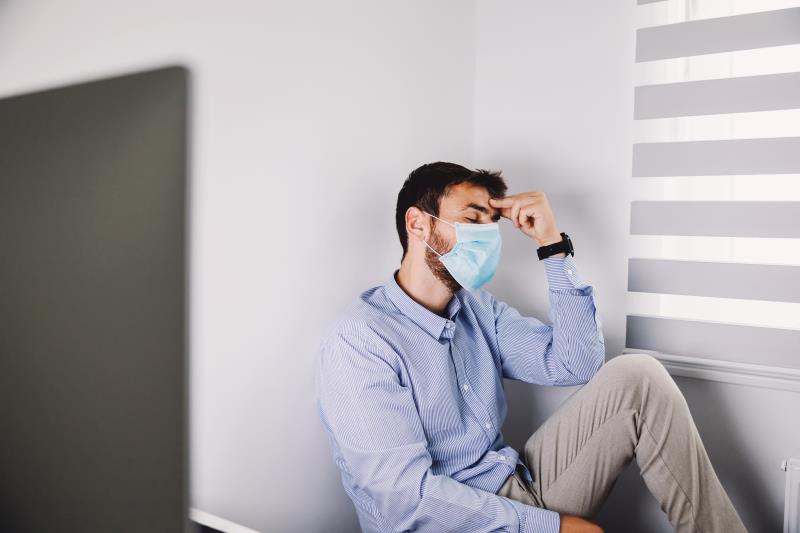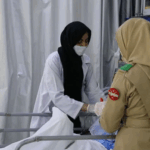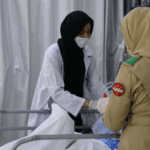Most people who develop COVID-19 recover, but current proof suggests approximately 10%-20% of people experience a variety of mid-and long-term effects after they recover from their initial disease. These mind-and long-term effects are collectively known as the post-COVID-19 conditioner, long COVID. It is important to remember that our understanding of post -COVID-19 conditions continues to develop. Experimenters are working with patients who develop post-COVID-19 conditions to better comprehend more about its cause, symptoms, and effects.
 Experts say exercise is the best thing we can do for operating with COVID-19. However, even a simple walk can help.
Experts say exercise is the best thing we can do for operating with COVID-19. However, even a simple walk can help.
What is fatigue?
Fatigue is a feeling of tiredness that does not get better with sleep. It can be physical and mental fatigue. Fatigue can change at different times and in,t duplicated for everyone.
Physical fatigue: feeling down point, your body may feel heavy feel like you have failed a lot of strength
Mental fatigue: Your brain might feel foggy or cloudy, with even simple tasks tiring and difficult.
COVID-19 and fatigue
Fatigue is a common symptom participated by those with COVID-19 infection. While covering, it can continue for weeks to months after the infection has cleared. Some people feel more fatigue than others. Different things contribute to the tiredness and make it last a long time. For example, a disturbing daily routine, poor sleep layouts, carer responsibilities, low mood, anxiety, and pressure can fatigue badly.
Pace yourself and plan your activities
Pacing is an important strategy to help you to work within the limitations of your fatigue. Overstating can make you feel more fatigued. Try to think when you feel fatigued might be in the afternoon or the morning. Then, plan your tasks around your tiredness and crackup tasks throughout the week.
Managing your post-COVID fatigue
Although it can be challenging to live with post-COVID fatigue, you do not have to let it derail your habit or quality of life. The first thing you should accept is fatigue is fair and that the requirement is to give yourself room to recover. You don’t have to power through it or neglect it.
Here are some things you can do to maintain your energy and health to the best of your capacity until your symptoms reduce for good:
Make sure you get a good night’s sleep. Try relaxation activities, such as reflecting,tai chi, yoga, or breathing techniques. Prioritize the maturity of your exercise for earlier in the day when you have more energy. Asking for help with everyday tasks, like cooking or washing, is difficult.
Keep moving and active as possible to improve your mobility and energy. Simulate the activities and techniques that can trigger fatigue so you can identify and avoid them if necessary. Eat healthy foods that raise your power and stay hydrated. Avoid trans fats, bad carbs, and sugar.
















